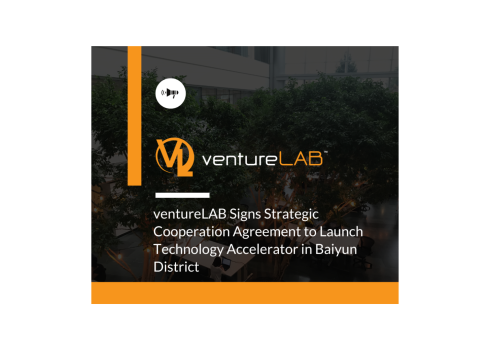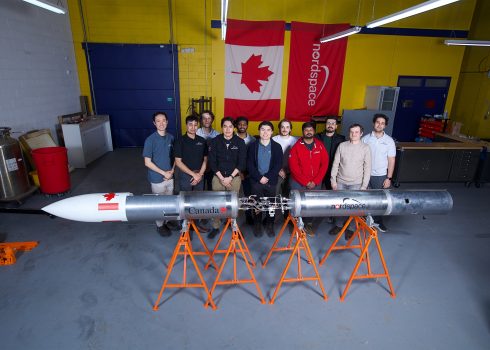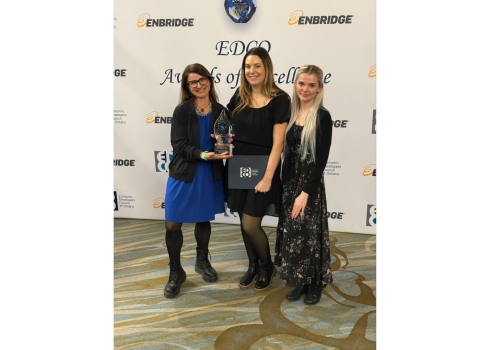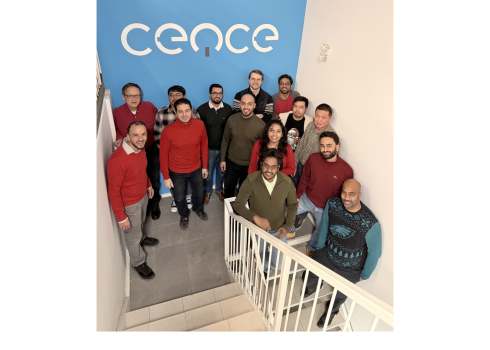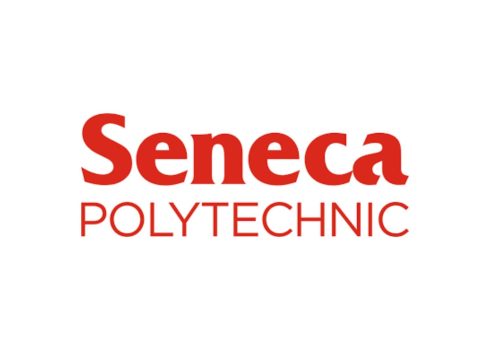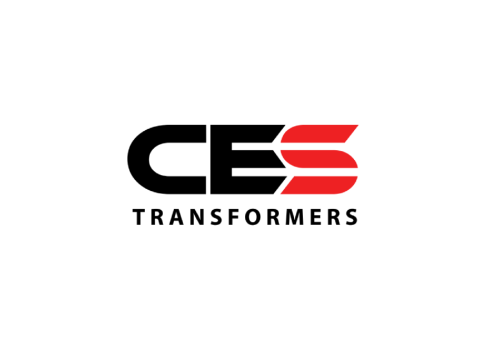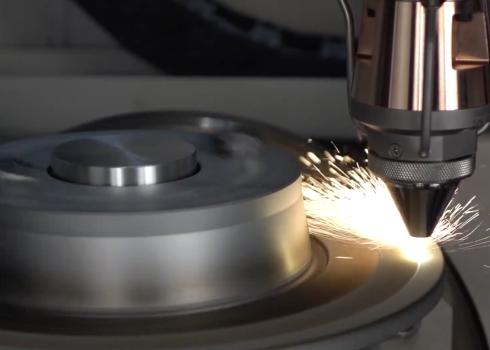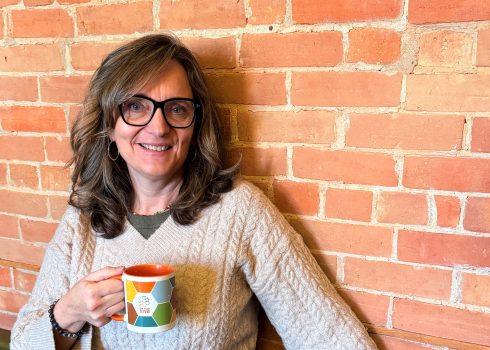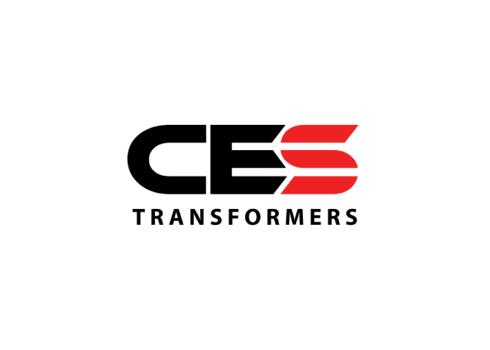Markham was always going to play a role in Hop In Technologies’ success story. The software company, which designs solutions to address transportation and mobility barriers for organizations and their employees, was founded by friends Erich Ko, Boyd Reid, and Erwin Komguem in the basement of Ko’s parent’s townhouse in Markham. However, its connection to the city runs deeper than that.
The idea was spun out of the collective’s perpetual challenge of connecting the dots between work and where they lived, which for Ko was a transit hop from Markham down to Queen’s Park in the heart of Toronto – something his co-founders shared with their own arduous commutes.
“We hated commuting,” says Ko. They experimented with hitchhiker apps and social carpooling, but everything brought them back to the same place: commuting is a big issue. Far bigger than just the everyday travel to and from work. “It affects all of our friends and family, all the cities around us… pretty much everybody around the world has a bad commuting story,” says Ko. “And so we started to explore the root cause of that.”
They realized commuting and transportation challenges are deeply embedded in economic development, infrastructure development, and urban planning. Major transit systems are servicing businesses within city downtown cores but what about industry on the fringes – the manufacturers and tech companies and warehouses in places like Brampton or Markham, the businesses that need space and skilled employees?
“We went out and looked at all the manufacturers first and noticed that a lot of them were having issues with the recruitment of employees and retention of their existing employees because of the lack of access to their work sites,” says Ko. “And then we noticed a huge workforce in and around the GTA that was willing and ready to work, but again, just couldn't get there because many of them come from underserved populations.” Many of these people are immigrants or refugees who can't afford cars, says Ko. “That really hit home for us because both of our parents were immigrants.”
They realized they could probably connect the dots between employers and employees by repurposing transportation fleets like private buses and taxi companies as well as rideshares to complete these everyday commuting trips. “The one thing that they lacked to be able to put this together was a proper logistics platform,” says Ko. So they built Hop In to create data-driven adaptable routes and schedules capable of meeting the evolving needs of organizations. “One of our goals is to get single-use vehicles off the roads,” he says. “To date, we’ve removed just under 80 metric tonnes of CO2.”
Despite having moved through several accelerators and incubators both in the U.S. and Canada, Ko was drawn back to the same place it all began, setting up shop in YSpace Markham, York University’s incubator for growth-ready tech ventures. “Markham seemed like it was opening a gate to the rest of Ontario in a more in-depth way,” says Ko. “Our company doesn’t sell into all those companies that are located in the downtown core, we look for companies that are out in like Georgina or the north part of Vaughan or Brampton – Markham and YSpace together seemed to be able to open that up for us.”
Ko says the economic development team at the city of Markham was the first to take a gamble on the business. “It gave us the opportunity to actually explore what transportation looks like from the perspective of an economic developer and how we can start to affect businesses and then eventually people.”
The city alongside YSpace also formed connections with businesses that could benefit from Hop In Technologies platform. “They really do help you create more of a focus around what you need to do as a company to be successful as well,” says Ko. Ultimately, it’s helped Hop In Technologies refine its business and create genuine value. “It helped us look at real problems that real people have,” says Ko. “My co-founders and I have always said ‘we need to solve problems for real people’ and Markham really cut the fat for us and let us do that.”

